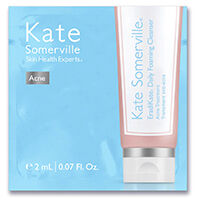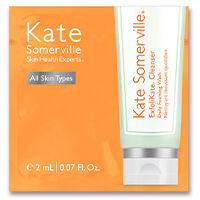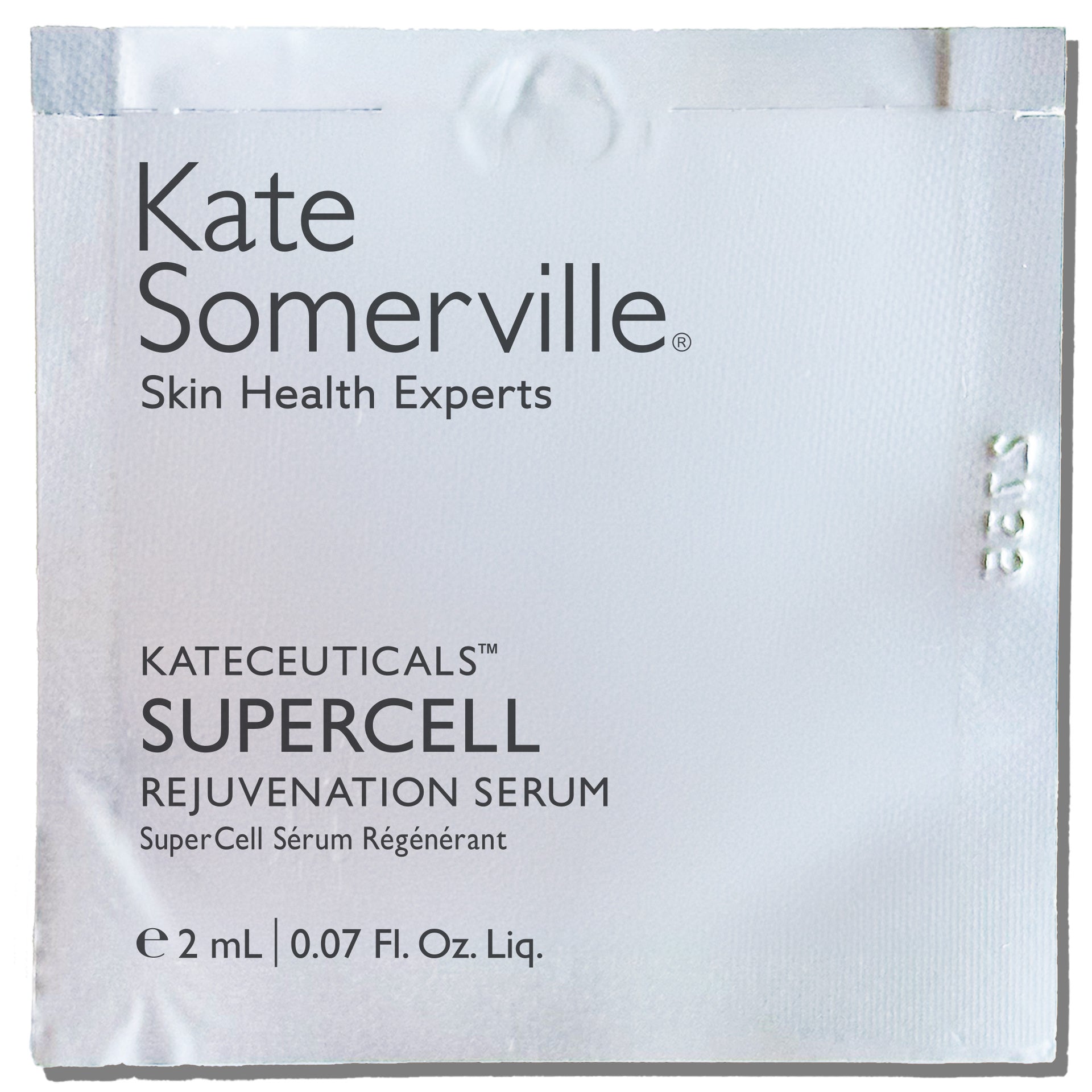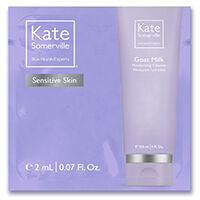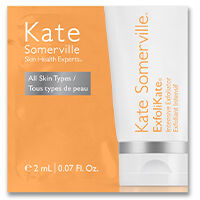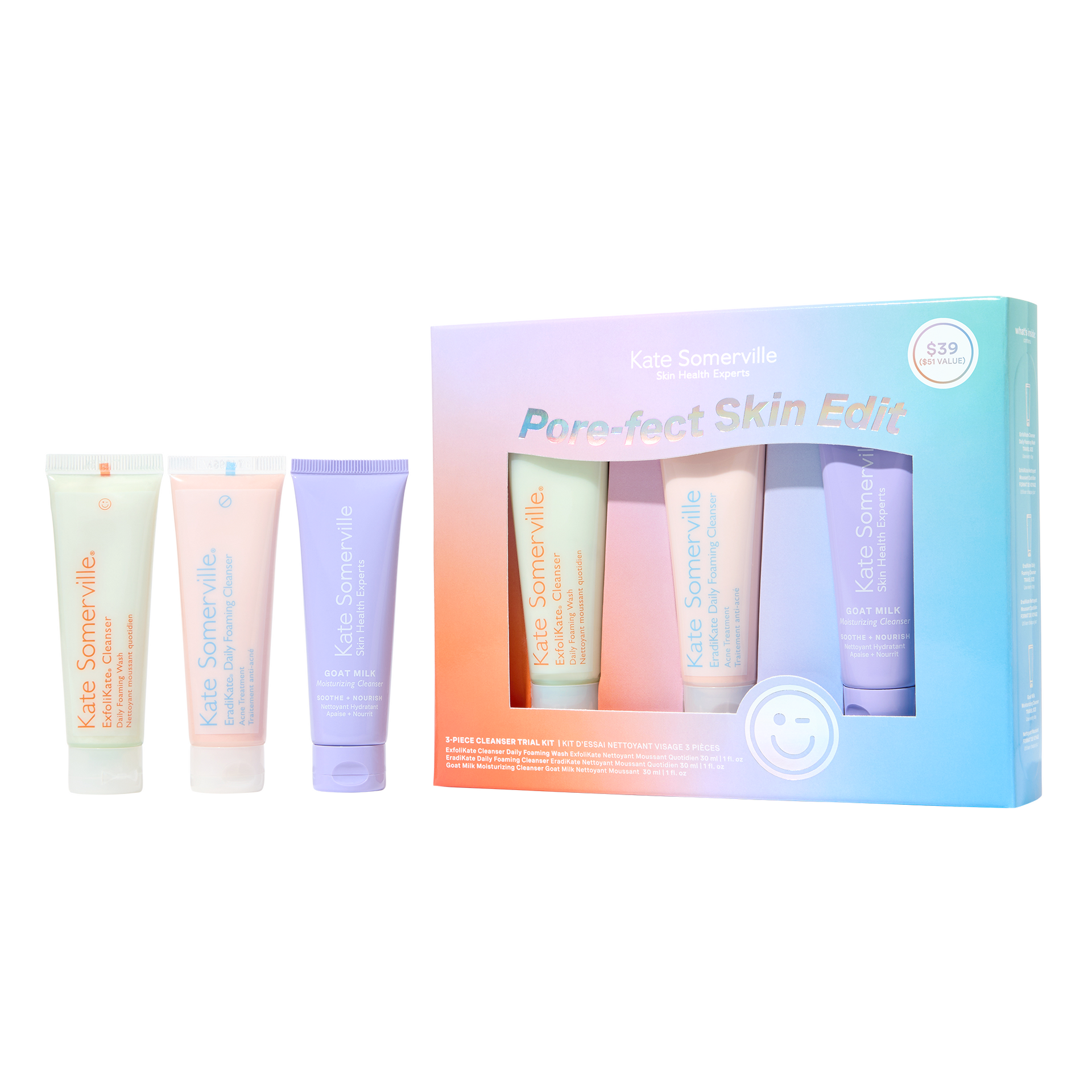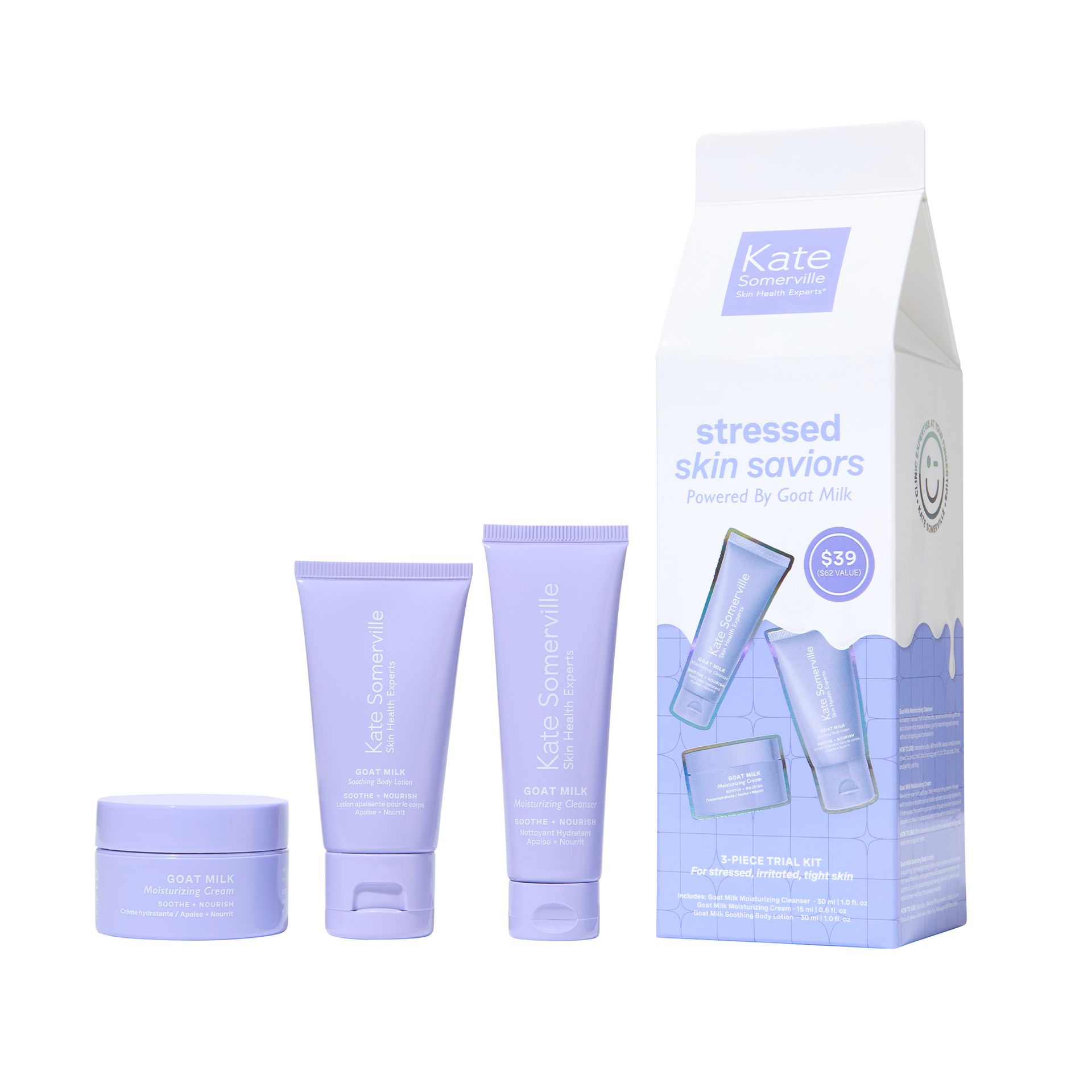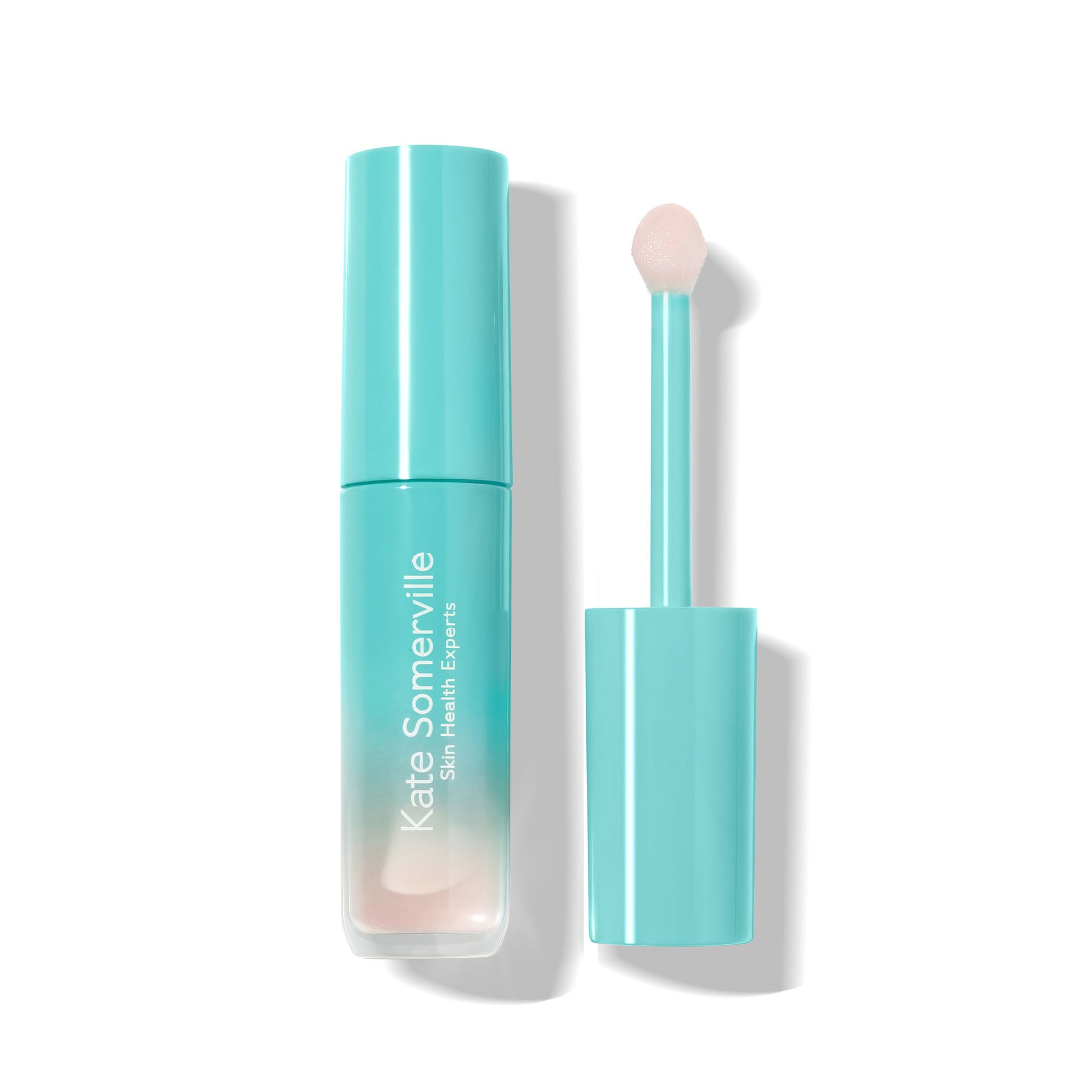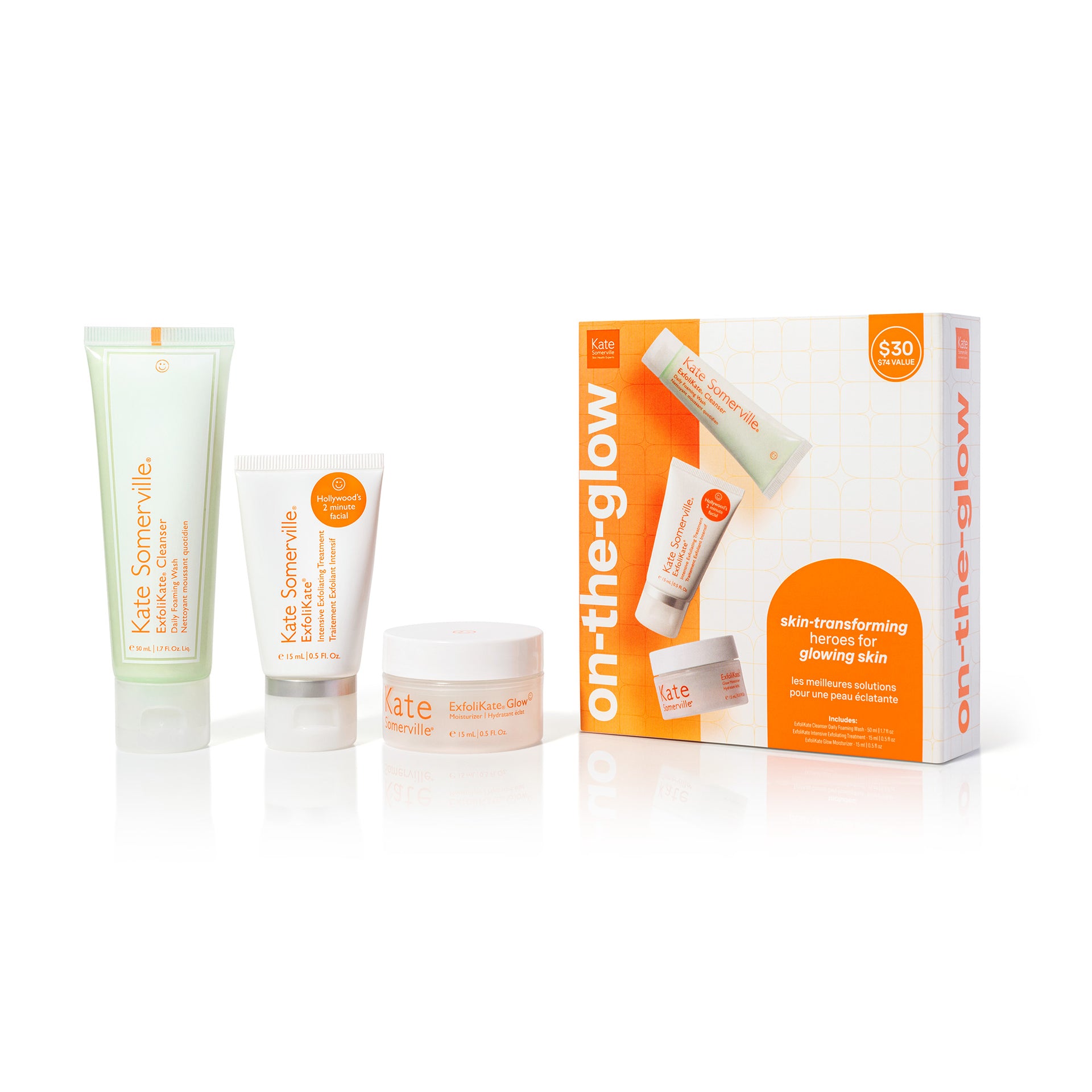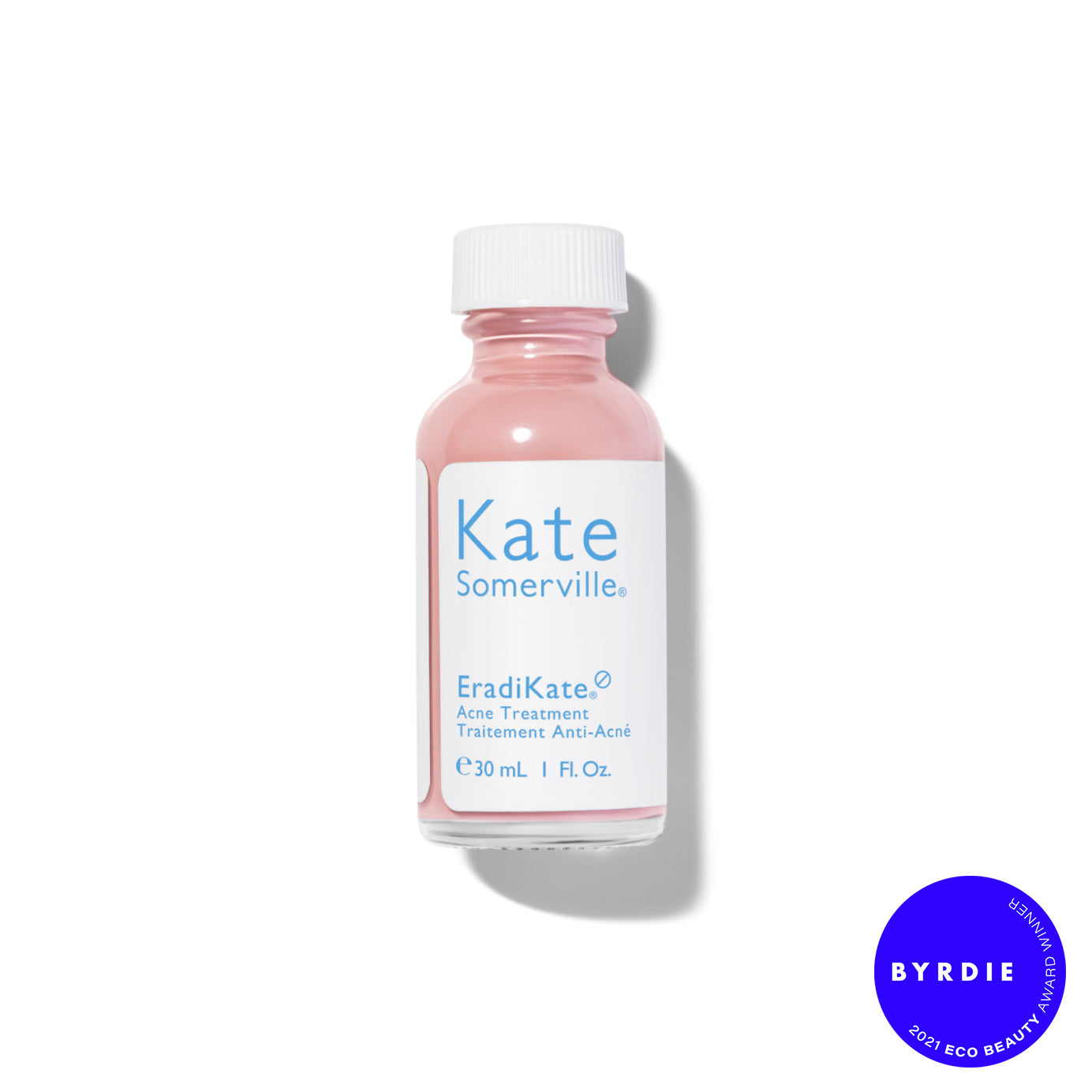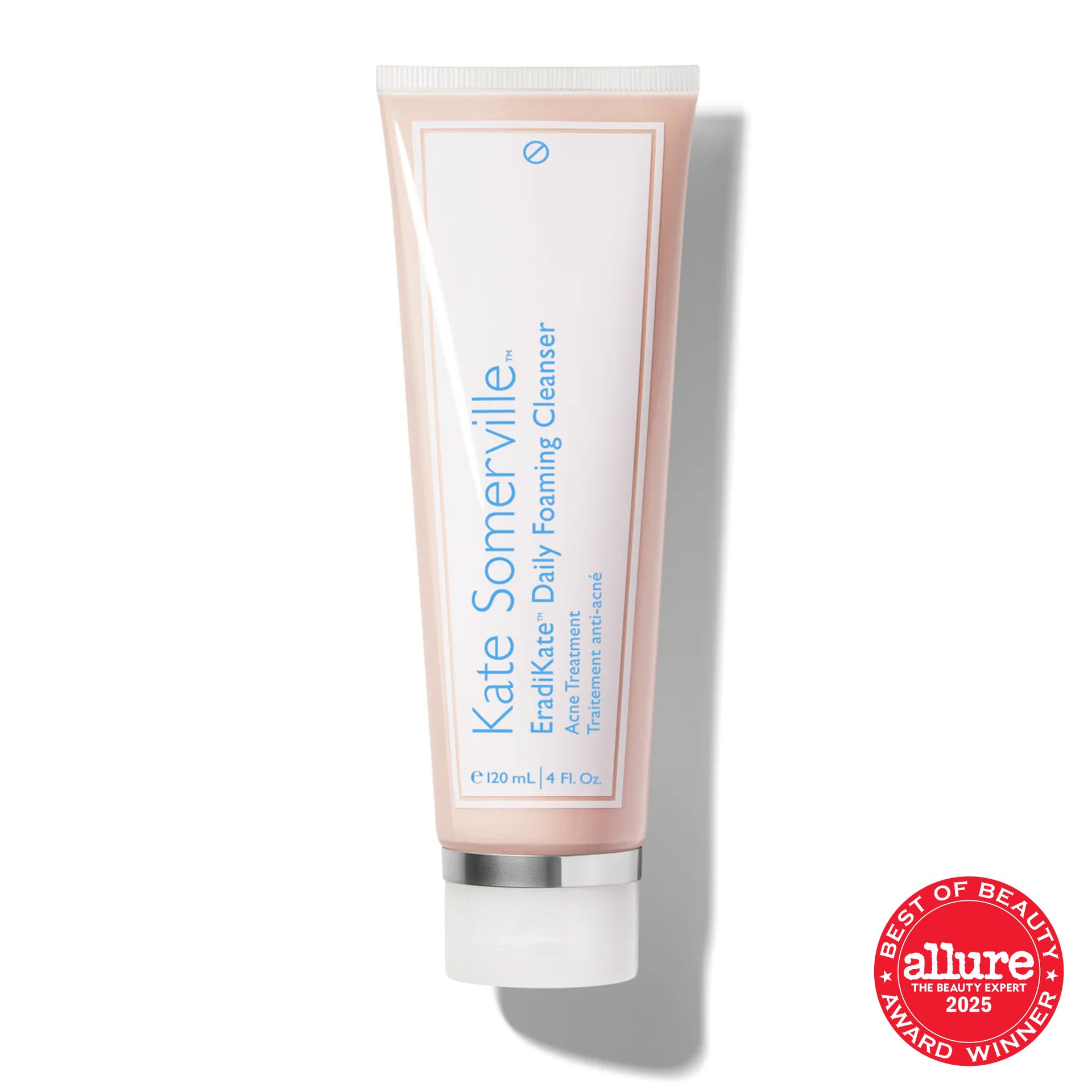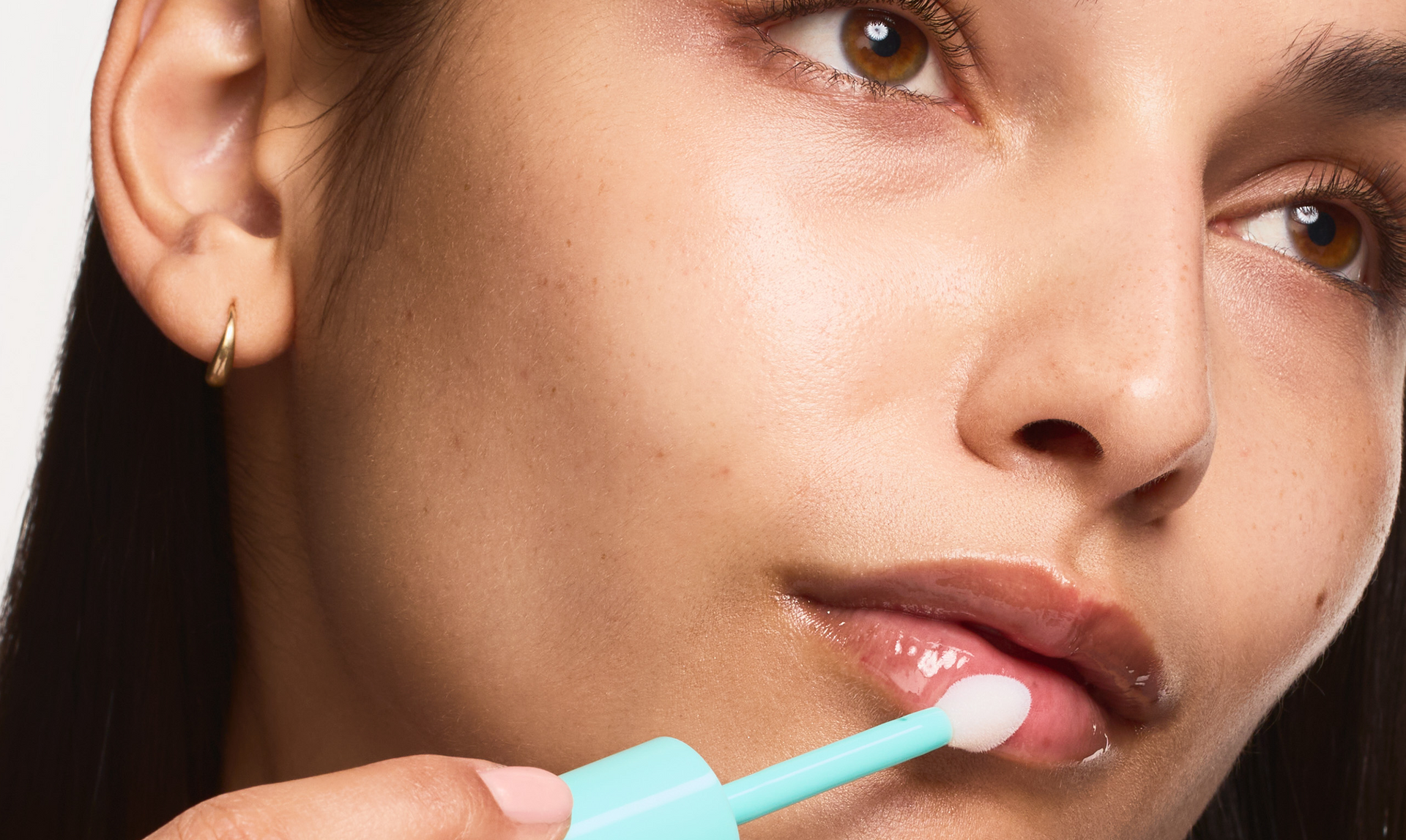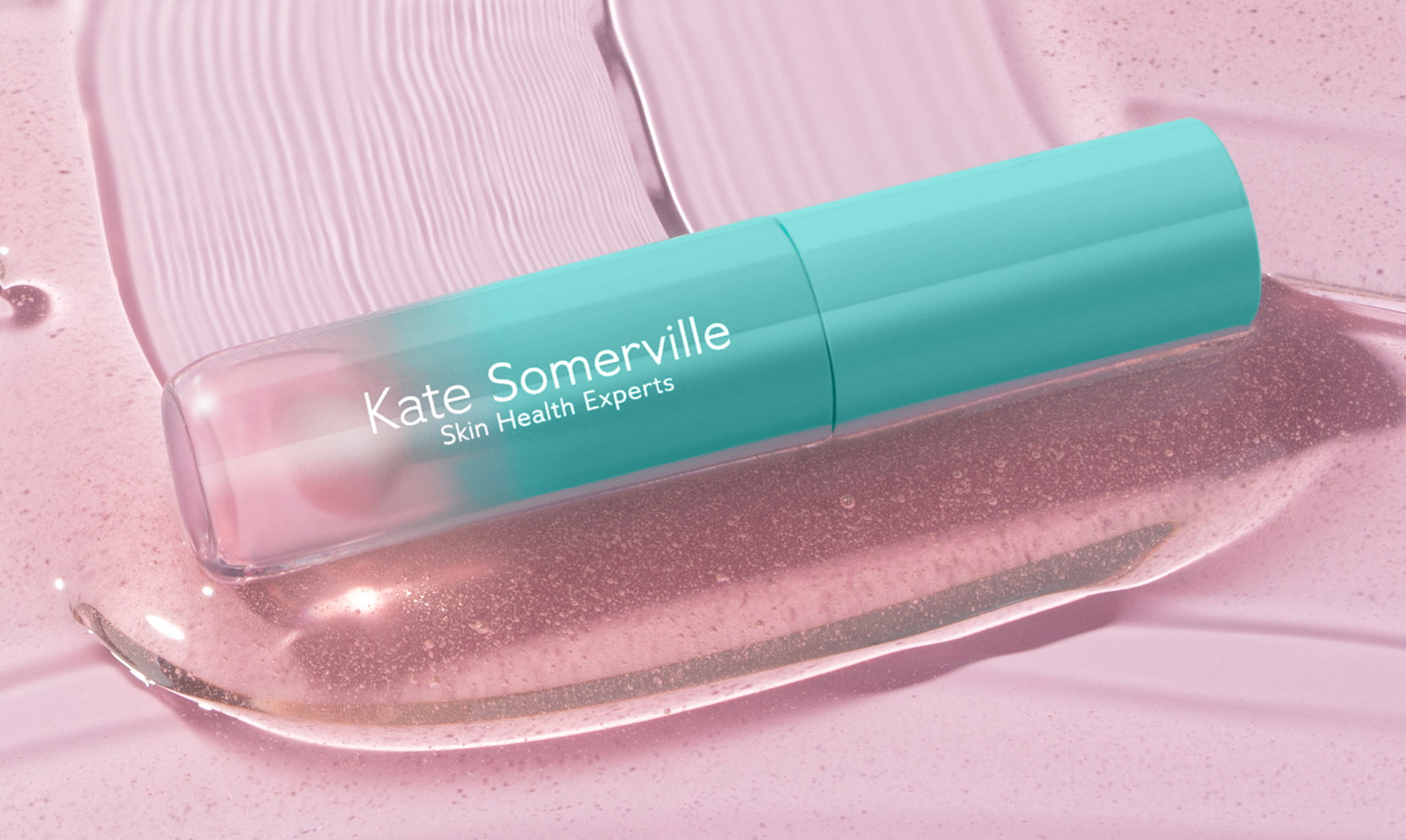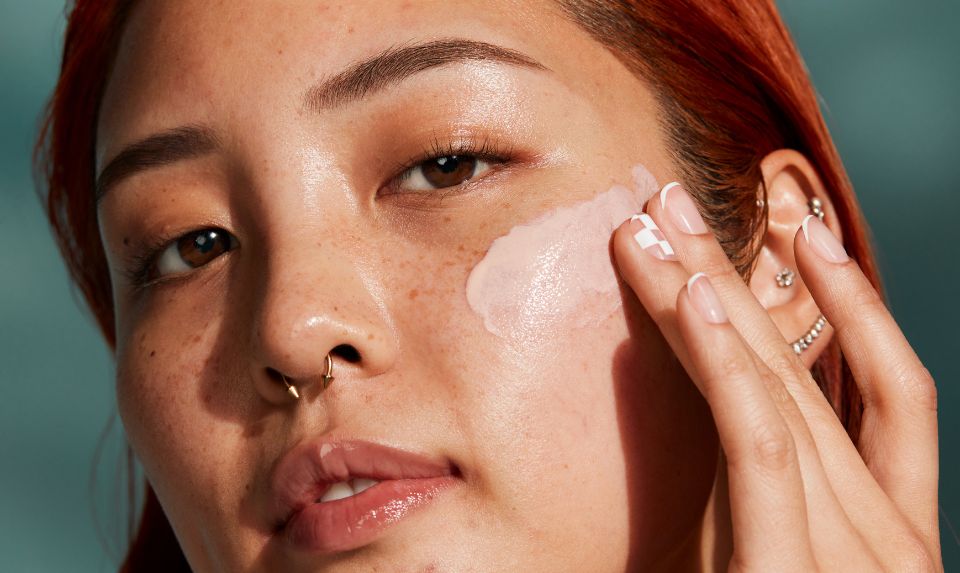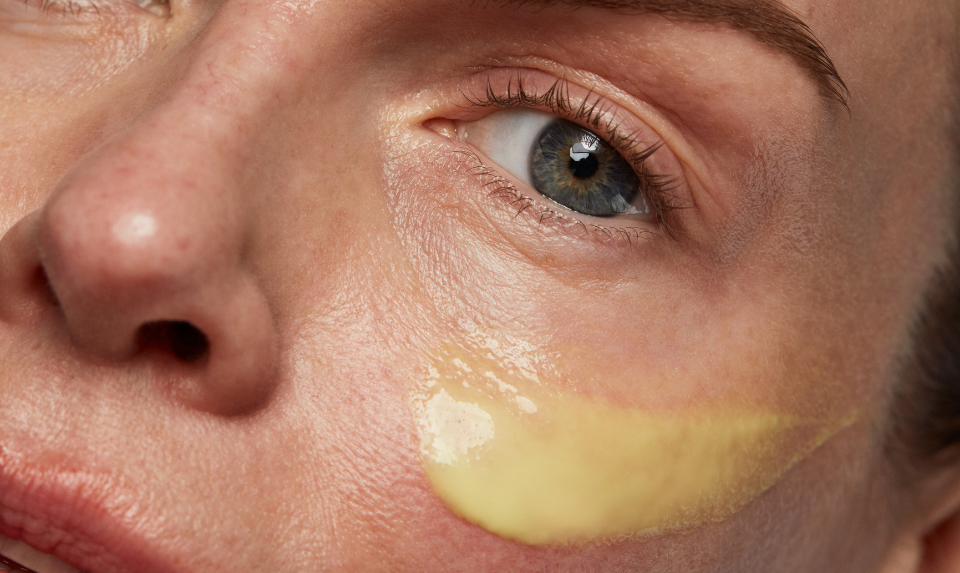Of all the varieties of acne breakouts, blackheads are one of the mildest and are therefore relatively easy to treat, which is fortunate given their prevalence. In the United States, approximately 50 million people suffer from acne infections on their skin and for some, blackheads may be the only type of acne they experience. However, for others, these lesions may be part of a larger breakout. Regardless, treating blackheads in an appropriate and effective way can help prevent the onset of more severe acne later on [1].
What are blackheads? Blackheads are actually a type of non-inflammatory acne known as open comedones. Essentially, blackheads are the result of a pore being clogged with dead skin cells and a naturally occurring oily, protective substance known as sebum. As a result of the pore remaining open, the melanin in the skin oxides and gives the lesion its distinctive black, brown or grey color at the surface of the skin. This is often confused as being trapped dirt that you are seeing when actually the cleanliness of the skin is not directly related to the development of blackheads. You’ll see this type of acne most commonly on your face, neck, back, chest, arms, and shoulders as you have more hair follicles in those areas that can become clogged but still remain open.
Causes
Blackheads are the direct result of excess sebum and oil being produced by the skin [2]. Unfortunately, everyone’s skin produces sebum, but the amount produced varies from person to person. Further, there are certain factors that can trigger increased sebum production which may result in the development of stubborn blackheads if left untreated.
First, aging and any associated hormonal changes are an important factor in determining your skin’s sebum production. Like most other types of acne, blackheads are most common during puberty, when your hormone levels are in flux. These changes can trigger a spike in sebum production. Similarly, higher levels of the male sex hormone androgen can also result in increased sebum production as well as higher turnover of skin cells. Both males and females experience higher levels of androgens during their adolescent period but after puberty, any hormonal changes are most often associated with menstruation, pregnancy, and the use of birth control pills in women. An overproduction of skin cells can also contribute to the development of blackheads if the dead skin cells are not properly removed and linger on the skin, clogging the pores and resulting in acne-prone skin. Other common factors that have an effect on the development of blackheads include:
• Blocking or covering pores with cosmetics and clothing
• Heavy sweating
• Shaving, or similar activities that open your hair follicles
• High humidity environments
• Certain health conditions, like stress, anxiety, or polycystic ovarian syndrome (PCOS) and premenstrual syndrome (PMS)
• Medications which result in rapid skin cell turnover
• Using certain steroid-based drugs, such as corticosteroids
All this to say that contrary to popular belief, blackheads are not the result of poor hygiene and, in fact, excessive scrubbing or squeezing in an attempt to remove blackheads can actually exacerbate the problem.
Treatment
When it comes to treating your blackheads, there are some activities that can actually make your blackhead and acne problem worse or even trigger a more severe type of acne so you have to take care when trying to address the problem on your own and experiment with which solution your skin type responds to best. In some cases, especially those where blackheads are present as part of a larger acne breakout, you may need to seek help from a professional esthetician or dermatologist.
Seeking Professional Help
If your acne is severe enough, you may need to seek the help of a professional esthetician or dermatologist to properly treat your skin. These professionals can offer treatments like facials and extractions or prescribe stronger medications to address your acne-prone skin. Prescription products typically use the same ingredients available in at-home treatments but using a stronger concentration. Products such as tretinoin, tazarotene, and adapalene contain vitamin A and can be prescribed to help keep pores clear and promote increased turnover of skin cells. Ironically, as we’ve already discussed, this can increase the likelihood of developing blackheads. Unfortunately, many people wait to seek these treatments and at that point, their acne has worsened to become an infected or more severe form, such as cystic acne.
It may be tempting to use strips and other peel-off masks to try and get rid of blackheads from your pores. But our very own Michelle Freese, Kate Somerville Skin Expert of 8 years, advises against it, “I don’t like strips and charcoal masks because they can pull the protective layer off the skin which ultimately leads to more damage. Instead, I would recommend getting facials or gentle extractions done by an esthetician.” Seeking professional acne treatment can also be an extremely effective part of a regular skin care routine. In fact, Michelle suggests that those suffering from blackheads and clogged pores should have professional extractions done every four to six weeks if possible. Simply put, an extraction is a process which clears your clogged or compacted pores using a combination of manual and mechanical means.
At Home Products
Many people are able to treat their blackheads at home with over-the-counter treatments. Salicylic acid and benzoyl peroxide are all effective ingredients for treating non-inflammatory types of acne. These skin-care products are typically seen as topical treatments which are applied directly to the skin as a treatment or to wash your face.
A daily cleanser and gentle exfoliator can go a long way in improving the appearance as a whole. When choosing these products look for something fragrance-free and avoid anything which might strip too much oil from your face, leaving your skin overly dry. This is a fine line you will have to balance because while it is important to dry the skin and remove excess oils, drying it too much can actually stimulate the production of oil by your glands.
Other Considerations
If you have any additional skin problems, such as eczema or rosacea, treating your blackheads may be a little harder than usual. These underlying conditions should be addressed first as this treatment may simultaneously have a positive effect on your blackheads. In addition, increased levels of stress can trigger sebum production [3]. Getting enough rest and exercising on a regular basis can help decrease stress and avoid related skin problems. Finally, early research shows that subscribing to a balanced and healthful diet may help improve the appearance of your skin.
What Not to Do
As you begin to notice blackheads develop, you may find yourself desiring to squeeze them out and move on with your day. But, in fact, doing so may make your acne worse or cause your pores to become infected. Here are some things you should not do when treating your blackheads:
Squeezing
Trying to perform an extraction on yourself at home is a recipe for disaster. Pressing on or squeezing blackheads can irritate your skin and make the problem worse. So if you want an extraction, leave it to the professionals [4].
Steaming
Some believe that if you steam your face it will “open up the pores” and allow you to extract blackheads or clean deeper under the skin. However, as we’ve already discussed, humid environments can actually make blackheads worse and so some have found that steaming exacerbates their symptoms.
Scrubbing or Stripping
Over scrubbing your face removes natural sebum from the surface leaving your skin dried out. Your sebaceous glands will then increase sebum production to address the lack of sebum present on the skin, resulting in more blockages and an increased risk of developing inflammatory acne.
Tips for Prevention
Once you have your blackheads and acne under control, there are a number of things you can do to help prevent future acne breakouts.
Clean Your Phone
Simply enough, regularly cleaning the surface of your phone can help reduce acne. If you think about it, your phone is exposed to a lot of bacteria and dirt throughout the day - it is touched by your hands, the inside of your bag, pockets, maybe even other people! Then you put it right up next to your face and across your cheek, allowing all that dirt and bacteria to transfer onto your skin. Regularly cleaning the surface of your phone reduces the effects of this scenario.
Don’t Touch Your Face
Similarly, your hands are exposed to a lot of dirt and bacteria which not only lives on the surface of your hand but under your fingernails as well. Excessively touching your face with unwashed hands exposes your skin to many substances which can clog pores and cause infections, increasing the likelihood that you will develop blackheads and more severe acne.
Clean Your Pillows
Something a lot of people overlook is their pillows and pillowcases. As you sleep on your pillows, dirt and oil from your hair and face are transferred onto your pillowcase where they remain until you wash them. You should be changing or washing your pillowcases at least once a week to help avoid acne breakouts. You can take it one step further and wash your pillows every few months to get rid of any dust and dirt lingering deep within them.
Watch Your Make Up
Non-comedogenic products, such as cosmetics and moisturizers, are formulated to help reduce any potential blockage of your pores. So if you suffer from acne of any kind, it is best to seek out these products for your daily use.
Though blackheads can be frustrating, the good news is that they are one of the easiest types of acne to treat if you take care to address them properly. Before tackling them, it's helpful to understand the difference between sebaceous filaments vs blackheads. The key to getting rid of blackheads from your skin lies in being patient and resisting the temptation to squeeze them out yourself. Instead, work with a professional esthetician to extract the extra sebum from your pores and devise a plan to prevent future breakouts. With the right instructions and products, you will have clear, healthy skin in no time!
Sources:
- https://www.aad.org/public/diseases/acne-and-rosacea/early-treatment-best-option-for-acne
- https://www.acne.com/types-of-acne/blackheads/what-are-blackheads/
- https://www.aad.org/media/news-releases/reducing-stress-may-help-lead-to-clearer-skin
- https://www.aad.org/public/diseases/acne-and-rosacea/pimple-popping-why-only-a-dermatologist-should-do-it


